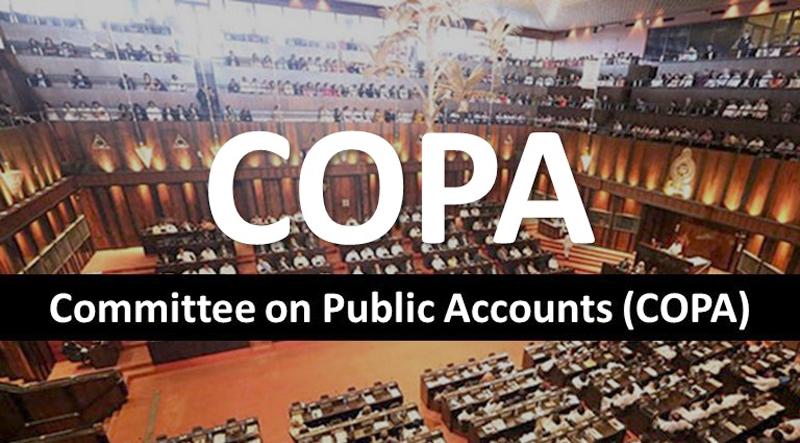
The Committee on Public Accounts (COPA) has recommended that as the human-elephant conflict has aggravated over the decades with an increasing number of human and elephant deaths and property damage, the policy pursued so far should be changed.
The recommendations were made in the report presented recently by COPA Chairman Prof. Tissa Vitarana to Parliament.
It was revealed at the COPA meeting in Parliament recently that Sri Lanka has become the country with the highest number of elephant deaths in the world due to the human-elephant conflict.
The average number of elephants killed per year due to the human-elephant conflict is 272 but 407 elephants had died in 2019. It was also revealed that although the average number of human deaths due to the conflict is 85 per year, 122 people had died in 2019. Therefore, the Committee stressed the need for immediate action on this issue. It has recommended to the Department of Wildlife Conservation to abandon the old policy which has failed and to implement the policy formulated by Dr. Prithiviraj Fernando.
According to the report, the policy of constructing an electric fence and trapping elephants has been a failure when in fact only innocent female elephants and baby elephants are being trapped by this measure. The report also states that big male elephants are responsible for causing harm to humans and crops.
The report states that the policy formulated by Dr. Fernando over seven years with the experience gained in Galigamuwa entirely reduced the conflict and the cost had been kept to a minimum. Presenting the report to Parliament recently, Prof. Tissa Vitarana said that although the Government had allocated large sums of money from the annual Budget to prevent the human-elephant conflict, it had only increased and not decreased. Therefore, the old policy which costs the Government a large amount of money should be changed immediately.
The report stated that it is the duty of the Wildlife Department to prepare an action plan to reduce the conflict and the importance of obtaining the consent of the Mahaweli Authority and the Forest Department when obtaining lands to construct elephant reserves.
The committee emphasised the importance of the assistance of the Army, Navy, Air Force, Civil Defence Department, Agrarian organisations and villagers as essential in the construction and maintenance of strategies such as fences and trenches to reduce the human-elephant conflict.
